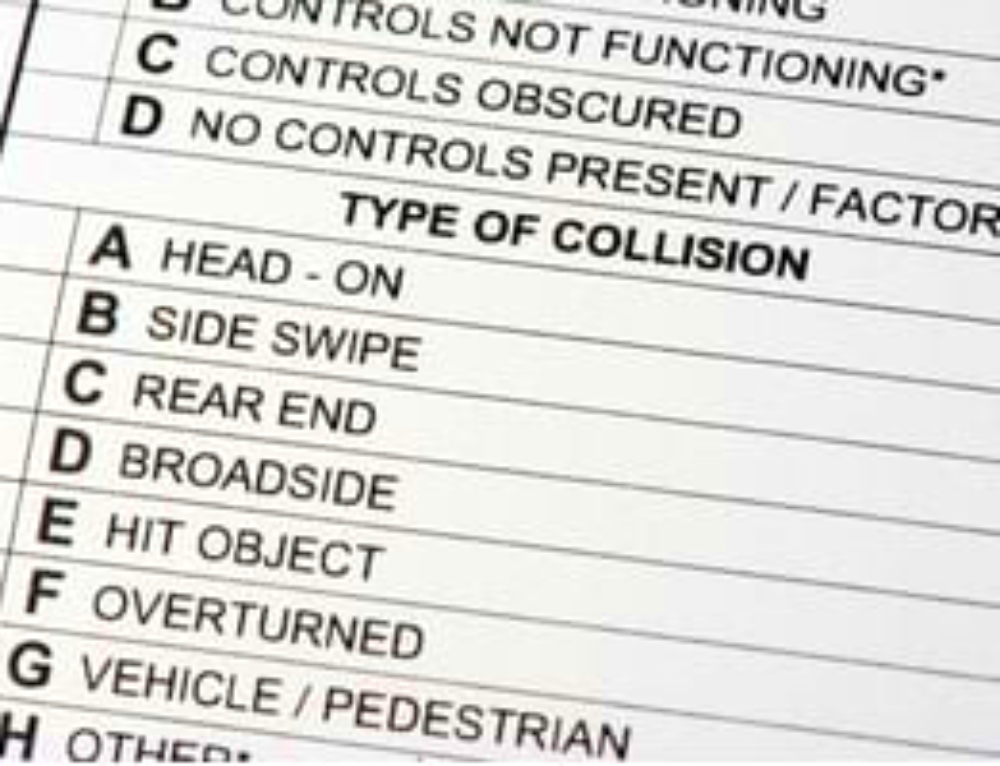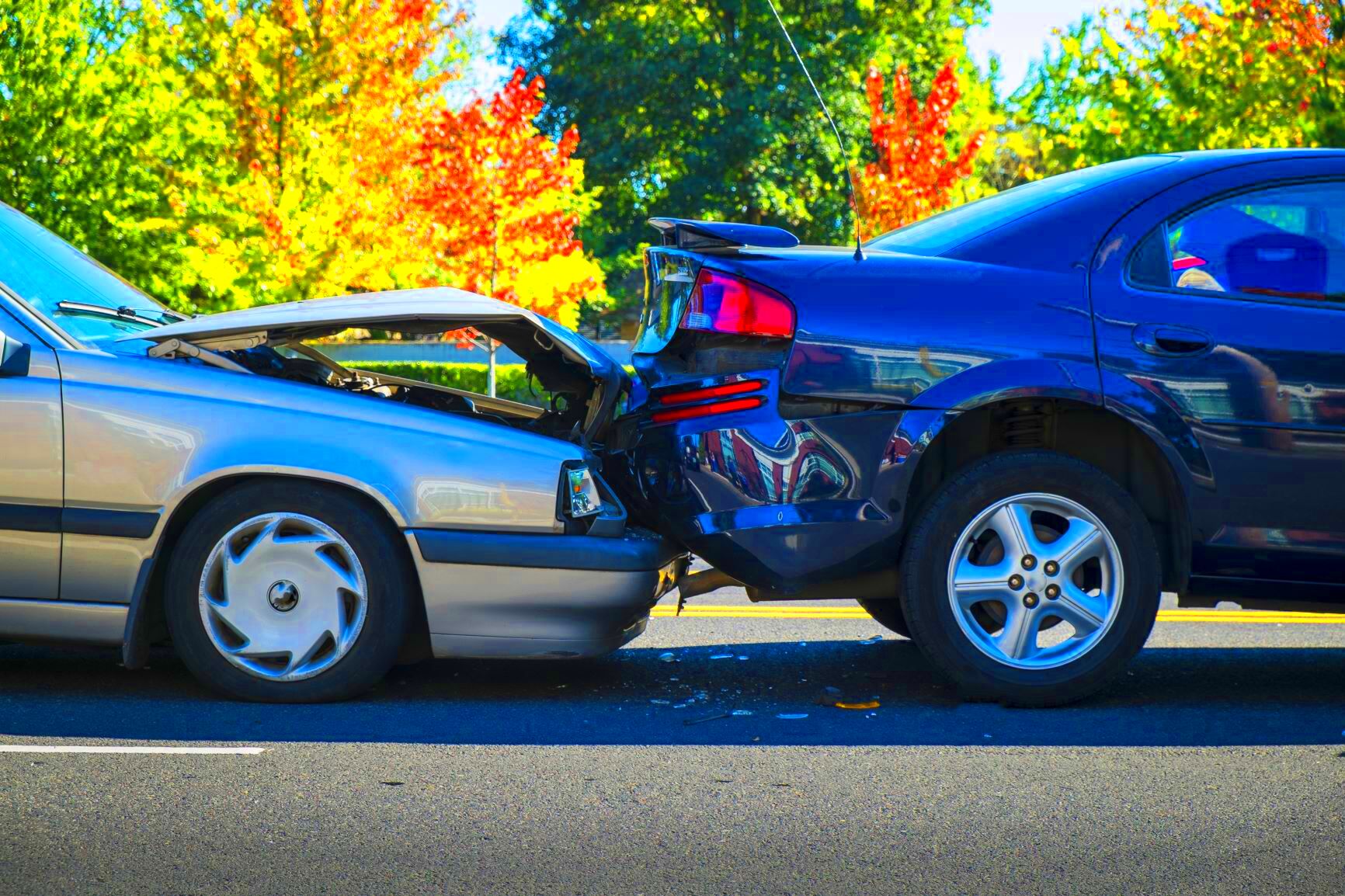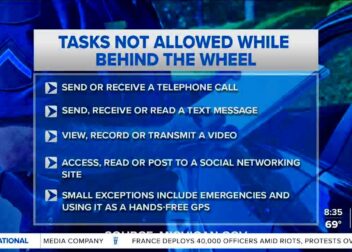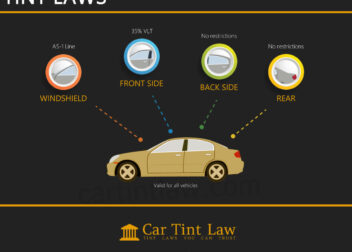North Carolina Rear-End Collision Laws: Your Legal Rights
In North Carolina, rear-end collisions are treated seriously due to the potential for significant injuries and damages. These types of accidents often occur when a driver follows another vehicle too closely or fails to stop in time, leading to a collision. Rear-end collisions are typically seen as the fault of the driver in the rear, but this is not always the case. North Carolina law takes various factors into consideration when determining fault, including road conditions, vehicle speed, and driver behavior. Knowing your legal rights can help you protect yourself after such an accident.
What Makes a Rear-End Collision Different from Other Accidents

Rear-end collisions differ from other types of car accidents in a few key ways. Most notably, they usually result in specific types of injuries such as whiplash, back pain, or head trauma due to the sudden impact. Additionally, rear-end collisions often happen at lower speeds, such as in stop-and-go traffic or near intersections. Unlike side or head-on collisions, the force of impact in a rear-end crash is concentrated on the back of the vehicle, which affects both the driver and passengers in unique ways.
Here are some points that make rear-end collisions unique:
- Injuries often include soft tissue damage, especially whiplash.
- Accidents usually occur in slower-moving traffic but can still cause serious damage.
- Fault is more straightforward in many cases, but not always automatic.
Determining Fault in North Carolina Rear-End Collisions

In North Carolina, determining fault in a rear-end collision can seem straightforward but often depends on the specifics of the accident. The general rule is that the driver who rear-ends another vehicle is presumed to be at fault, as they are expected to maintain a safe following distance. However, there are exceptions, such as when the lead vehicle stops abruptly without warning or has faulty brake lights. North Carolina follows a “contributory negligence” rule, meaning if you are even slightly at fault for the accident, you may not be able to recover damages.
Common factors influencing fault in these cases include:
- Driver distractions such as texting or talking on the phone.
- Weather conditions like rain or fog affecting visibility and stopping distance.
- Mechanical issues, such as malfunctioning brakes.
- The actions of the lead vehicle, including abrupt stops or unsafe lane changes.
Contributory Negligence and Its Impact on Your Claim

North Carolina follows a contributory negligence rule, which can significantly impact your ability to recover damages after a rear-end collision. Under this rule, if you are found to be even 1% at fault for the accident, you may be barred from receiving any compensation. This makes it critical to establish that the other driver was entirely responsible for the crash. Contributory negligence is strict, and insurance companies often use this rule to deny claims, making legal guidance crucial.
Here are some common examples of contributory negligence in rear-end collisions:
- The driver in front suddenly stops without using turn signals or brake lights.
- The lead vehicle was illegally parked or had mechanical issues, like broken brake lights.
- The victim was not wearing a seatbelt, contributing to the severity of injuries.
Because of the contributory negligence rule, even minor actions on your part can lead to a complete denial of compensation. It’s important to gather solid evidence, such as witness statements or traffic camera footage, to prove that you were not at fault.
Legal Options After a Rear-End Collision in North Carolina
After a rear-end collision, you have several legal options to consider in North Carolina, depending on the severity of the accident and the level of fault. If the other driver is found to be entirely responsible for the crash, you can file a claim with their insurance company to seek compensation for medical expenses, property damage, and other losses. If the insurance company denies or offers a low settlement, you may have to file a lawsuit to recover fair compensation.
Your legal options include:
- Filing an insurance claim against the at-fault driver’s liability insurance.
- Pursuing a personal injury lawsuit if the insurance company refuses to pay adequate compensation.
- Negotiating a settlement before going to court, often through mediation or arbitration.
- Utilizing your own uninsured/underinsured motorist coverage if the other driver has no insurance or insufficient coverage.
In many cases, settling out of court is preferable, but it’s essential to be prepared to go to trial if necessary to protect your rights.
Compensation You Can Seek After a Rear-End Collision
The compensation you can seek after a rear-end collision in North Carolina depends on the extent of your injuries and the damages incurred. Compensation typically falls into two categories: economic and non-economic damages. Economic damages are measurable losses, such as medical bills and lost wages, while non-economic damages cover intangible losses like pain and suffering.
Here’s a breakdown of common types of compensation:
| Type of Compensation | Details |
|---|---|
| Medical Expenses | This includes hospital bills, doctor visits, medication, rehabilitation, and future medical care related to your injuries. |
| Lost Wages | Compensation for any income lost due to being unable to work while recovering from your injuries. |
| Property Damage | The cost of repairing or replacing your vehicle and any personal belongings damaged in the accident. |
| Pain and Suffering | Compensation for physical pain, emotional distress, and the overall impact of the accident on your quality of life. |
| Loss of Enjoyment | If your injuries prevent you from participating in activities you once enjoyed, you may be entitled to compensation for this loss. |
In cases where the at-fault driver acted with gross negligence, punitive damages may also be available to punish their reckless behavior.
Filing a Lawsuit for a Rear-End Collision in North Carolina
If negotiations with insurance companies fail to provide you with fair compensation after a rear-end collision in North Carolina, filing a lawsuit may be your best option. The lawsuit process allows you to present your case in court, where a judge or jury can decide on the compensation you deserve. While many cases settle before going to trial, it’s essential to understand the steps involved in filing a lawsuit.
The process typically includes:
- Filing the complaint: This is the first step, where your attorney submits a legal document outlining your claims, damages, and the other party’s fault.
- Discovery phase: Both parties gather evidence, including medical records, police reports, and witness testimonies, to build their case.
- Settlement discussions: Before going to trial, both sides may attempt to settle the case through negotiations or mediation.
- Going to trial: If no settlement is reached, the case goes to court, where the judge or jury will determine fault and award damages.
Filing a lawsuit can be time-consuming and stressful, but it may be necessary if the insurance company refuses to pay a fair amount. It’s important to consult with an attorney experienced in North Carolina rear-end collisions to guide you through the process and ensure your rights are protected.
Frequently Asked Questions About North Carolina Rear-End Collisions
Below are answers to some of the most common questions about rear-end collisions in North Carolina.
- Who is at fault in a rear-end collision? In most cases, the driver who hits the vehicle in front is considered at fault. However, exceptions exist, such as when the lead car stops suddenly without warning.
- Can I recover damages if I’m partially at fault? No, North Carolina follows a contributory negligence rule, meaning if you are even slightly at fault, you may not recover any damages.
- What should I do after a rear-end collision? You should report the accident, seek medical attention, gather evidence, and contact an attorney to explore your legal options.
- How long do I have to file a lawsuit? The statute of limitations for filing a personal injury lawsuit in North Carolina is generally three years from the date of the accident.
- What types of compensation can I seek? You can seek compensation for medical expenses, lost wages, property damage, and non-economic losses such as pain and suffering.
Conclusion on Protecting Your Legal Rights After a Rear-End Collision
Protecting your legal rights after a rear-end collision in North Carolina is crucial to ensure you receive the compensation you deserve. Understanding the laws, gathering evidence, and being aware of contributory negligence are essential steps in the process. It’s also important to consider filing a lawsuit if the insurance company fails to offer a fair settlement. Consulting with an experienced attorney will give you the best chance of success, allowing you to focus on your recovery while they handle the legal complexities of your case.
By knowing your rights and taking the right steps, you can protect yourself both legally and financially after a rear-end collision.


